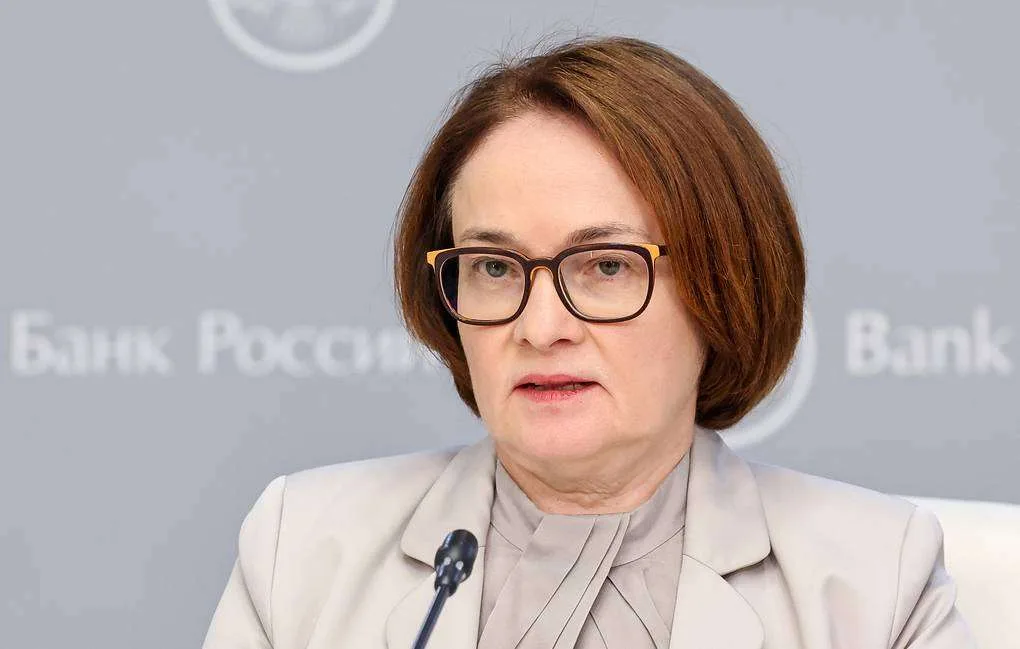MOSCOW - The population's interest in bank deposits is growing and the Bank of Russia's decision to raise the key rate will help boost the activity of savings banks, Bank of Russia chief Elvira Nabiullina said at a press conference after a meeting of the regulator's board of directors.
She reiterated that the regulator remained committed to the inflation target of 4 %. Nabiullina added that tighter monetary policy will be needed to contain price increases.
About the key rate
The Russian central bank admits the possibility of another key rate hike at the December meeting.
"The possibility of increasing it in the same way in the future will depend on the data we receive," Nabiullina said.
The population's interest in bank deposits is growing and today's decision to raise the key rate "will boost the activity of savings banks".
The increase in the inflation forecast for 2024 "does not mean that the key rate is not working".
A sustained decline in inflation would signal the start of a key rate cut, but it was hard to say when this would happen. "We can't say it now," said the regulator's chief.
According to Nabiullina, the high key rate "has a much bigger impact on reducing inflation than slowing the pace of economic growthu".
The Bank of Russia expects to reach a neutral key rate range of 7.5-8.5 % by 2027.
On inflation
The Russian central bank has seen no signs of inflation slowing.
The regulator remains committed to the inflation target of 4 % and expects to achieve it in the first half of 2026.
In order to achieve the inflation target, the Bank of Russia will also "react in a more conservative manner" to emerging risks.
On price increases
"Significantly tighter monetary policy" will be needed to curb accelerating price growth.
The rate of price increases in the coming months will be "additionally affected by the increase in the recycling fee".
About the labour market
Tensions in the Russian labour market persist, "the problem of labour shortages has even worsened".
The unemployment rate in August 2024 remained "close to its historical low of 2.5 % seasonally adjusted", while wage growth continued to outpace labour productivity growth.
On the economic forecast
The Russian Central Bank does not include the risk of an economic recession in its forecast.
"The recession concerns the economy as a whole, not individual sectors, and GDP is growing in our forecast. Therefore, we do not include recession risk in the forecast," Nabiullina said.
On the demand for Russian goods
The regulator pointed to a "more moderate dynamics of foreign demand for Russian export goods".
About credit rates
The Central Bank of Russia recorded a decline in the month-on-month growth rate of banks' retail loan portfolio compared to May and June.
About housing and discounted mortgages
Housing demand will be more "balanced" under the impact of the abolition of mass discounted mortgages. Russians have started to buy housing more often with their personal savings, "you can see it in the way deposit accounts are filling up", noted the regulator's chief.
TASS / photo: Sergei Savostyanov / gnews.cz-jav



